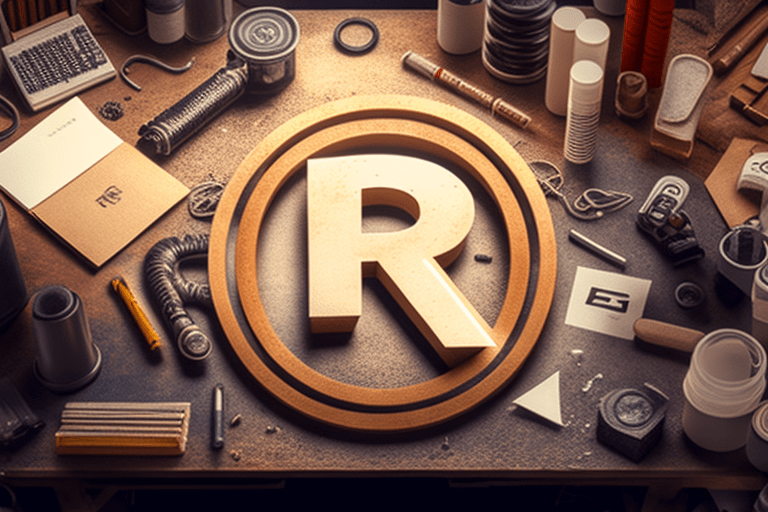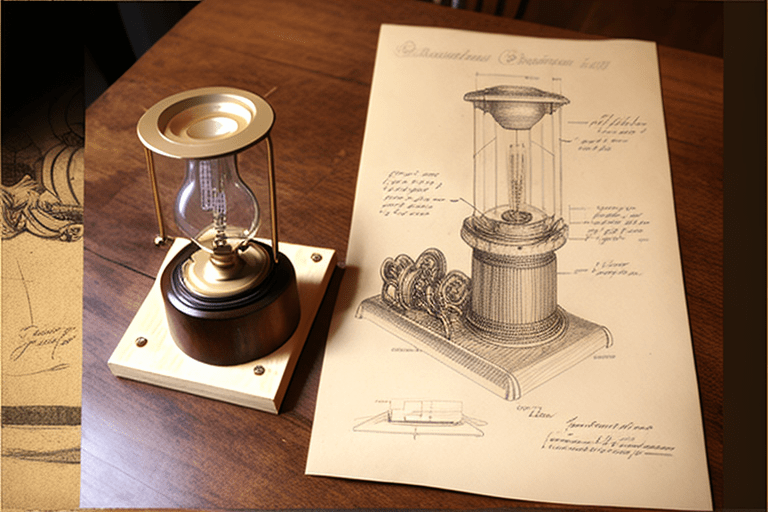Straight to the point on this, Investors tend to be attracted to startups that have patents for several reasons:
1. Competitive Advantage: Patents provide a competitive advantage by giving a startup exclusive rights to their technology, product, or process. This allows the startup to maintain their competitive advantage and protects their business from being copied by competitors.
2. Evidence of Innovation: A startup with patents is evidence of their innovation and ability to create new and valuable ideas. This is seen as a positive indicator to investors, who are looking for opportunities to invest in companies that have the potential to disrupt their industries.
3. Increased Valuation: Companies with patents often have a higher valuation than those without. This is due to the fact that patents increase the company's perceived value and potential for future revenue.
4. Attraction of Big Companies: Patents can also make a startup more attractive to larger companies, who are looking for startups to acquire. Larger companies see startups with patents as attractive targets for acquisition, as the patents provide a competitive advantage that can be leveraged for their own benefit.
5. Legal Protection: Patents provide legal protection for a startup’s products or processes. This protection allows the startup to take legal action against anyone who infringes on their patents. This can provide a sense of security to investors, who want to know that their investment is protected.
To summarize, patents are a valuable asset for startups, as they provide a competitive advantage, evidence of innovation, increased valuation, attraction of big companies, and legal protection. Investors often seek out startups that have patents, as they are seen as having a higher potential for success and return on investment.
Providing intellectual property services tailored to startups, entrepreneurs, and innovative companies is what we do.
+ Drafting & prosecuting patent applications
+ Patent more, pay less | Low-cost fixed-fee bootstrap model
+ Create an In-house patent creation capability
+ Company-wide IP program
+ Patent strategy that is connected with business development
+ Embedding with innovation & technical teams
+ Facilitated workshops for idea & invention capture
+ Identify competitive advantage opportunities through patent & macro trend landscapes
+ Mentoring & collaborating with your technical talent to create IP
+ On-call to discuss innovation & inventing for free
Replace your current by-the-hour-law-model with a predictable flat-fee-for-service model.
Schedule Time To Discuss Your Needs
Follow on LinkedIn.com/Company/Gr8BigIdeas/
#bootstrap #patents #patentengineering #startups #entrepreneurship #entrepreneurs #breakthrough #intellectualproperty #corporateinnovation #innovation #productdevelopment











